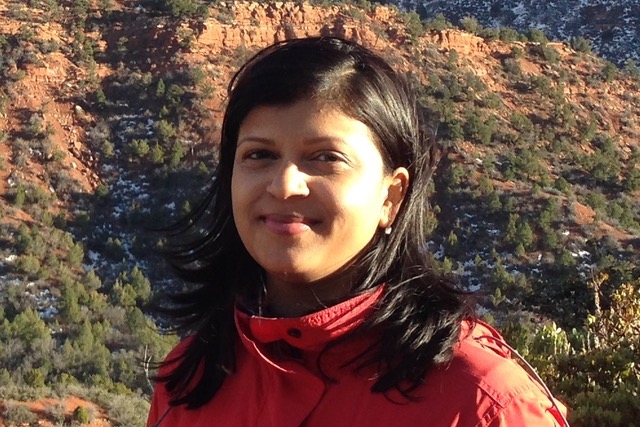Social Sciences Tutor Tanjeem Azad chats with us about her fascination with the psychological science of human memory and why we can’t depend on it 100%.
How did you get interested in the science of memory?
I would credit this to my undergraduate psychology professor. He had covered Cognitive Psychology and was beginning the memory section, in particular, about false memories and eyewitness testimony. It was my first time learning about wrongful convictions on the basis of faulty eyewitness memory. Not only was it an eye-opening experience, but it was fascinating to me that we could empirically approach the study of memory by designing rigorous experiments to better understand the situations that lead to false memories.
Knowing the conditions that can lead to memory errors provides us with an understanding about when memories are likely to be accurate; that was (and still is!) very important to me to pursue, especially in applied settings.
How does understanding memory help us on a day to day basis?
Understanding how prone we are to memory errors can help us to be more forgiving when we make mistakes in recollecting. That should lead us to not trust our memories 100%. It should also help us understand that our memories of the same event might be different from others’, since they can be influenced by a host of factors.
Are our memories of events actually accurate?
For the most part, yes! Our memories don’t operate like a video camera, where we can push a play button and recollect our experiences in pristine form. Rather, we construct our memories on the basis of actual experiences plus our goals, expectations, attitudes, beliefs, biases, etc. Most of our recollections of past events and experiences won’t be entirely accurate, but they’ll be pretty good.
We have to look at memory accuracy in light of a highly adaptive and flexible cognitive system that affords us the opportunity to engage in other, higher-order mental processes—such as decision-making, problem-solving, and creativity.
Memory accuracy becomes a problem in the context of eyewitness testimony. A witness’s memory is malleable because of potential influences of misinformation, or inaccurate information about the witnessed event, from the media, other witnesses, and even through biased interview questions from police officers. Once a witness is exposed to misinformation, it becomes very difficult to distinguish between accurate and inaccurate memories.
Tell us about some of the interesting research into memory you’ve done.
I have a few different lines of research on eyewitness memory and suggestibility. Currently, with collaborators at the University of Victoria and Kent State University, I am pursuing research examining the influence of misinformation that suggests that something didn’t happen, when it actually did. That is, the role of false denials on memory regarding an actual experience. You often hear about this in the media with cases about allegations of sexual harassment, in which an individual denies the occurrence of the allegation.
From a memory perspective, I’m interested in the role that such denials have on the victim’s memory. If you repeatedly hear from the accused that the abuse never happened, how does that affect your memory? The research that my team and I have conducted so far suggests repeated exposure to false denials about a witnessed event leads people to not report the event, relative to not being exposed to the denials. This is particularly problematic, as it suggests the possibility of individuals not reporting experiences of abuse.
What is it like to teach at Quest?
Energizing! I love my daily interactions with the students. They are so attentive, highly motivated, and show a deep level of appreciation for learning. All of this contributes to fun and engaging class discussions that inspire me with new ideas for teaching, as well as new research avenues to pursue.

